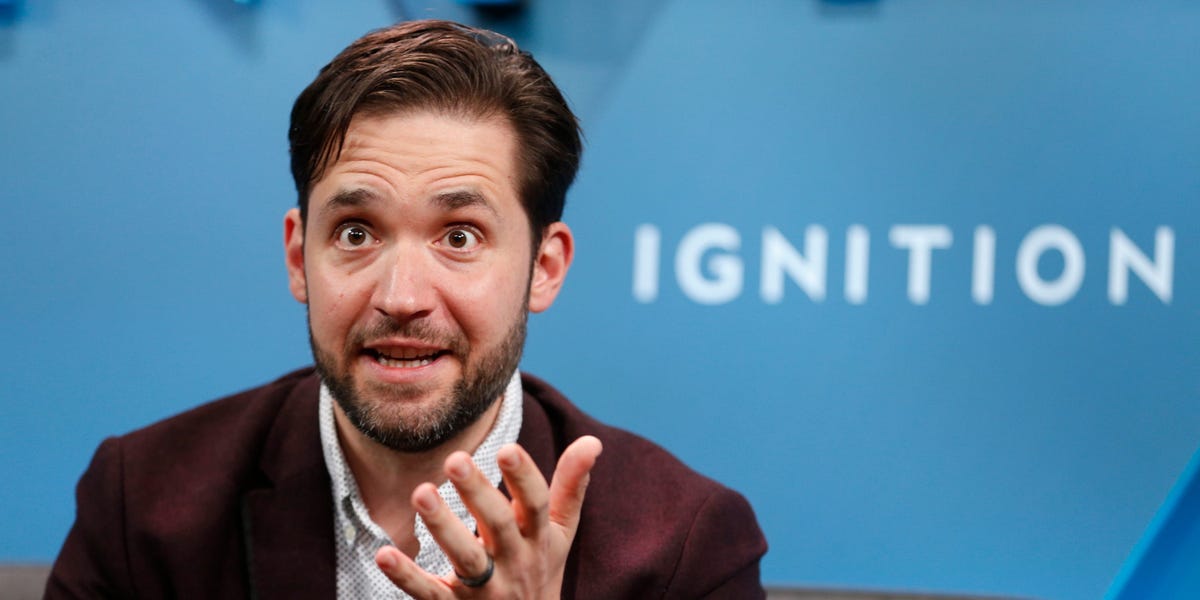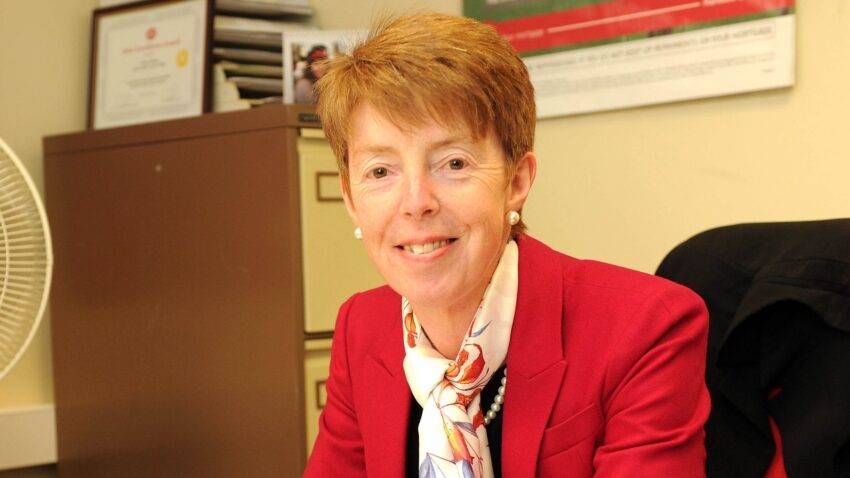The former executive chairman started the company in June 2005 with his college roommate Steve Huffman. Just over a year later, the pair sold Reddit to Condé Nast for a reported $10 million.
Ohanian stepped down from Reddit’s board in June 2020, but has kept a foot in the investing world.
Ohanian is a cofounder at Angel City, a board member of Apecoin, and has made more than 220 investments, according to PitchBook data.
In a 2023 episode of MasterClass, Ohanian explained what it’s like to be on the other side of the investment table and shared his top tips for startup founders.
“Entrepreneurship is as simple as having ideas and doing them, and everyone is capable of it,” he said, adding it had never been easier to become an entrepreneur.
“A founder today has more and more leverage than they did a decade ago. So many of the different components have been automated or semi-automated through software.”
Being successful means being able to turn these ideas into a workable product, and having the resistance to keep going, Ohanian said.
1. Be a generalist
Part of being a successful start-up founder is being relentless and adaptable.
“Early on, you have to be willing to wear all the hats — you have to be willing to be a generalist,” Ohanian said during the class.
Leaders need to be willing to take on jobs outside their comfort zone, even if they’re not used to doing them. According to Ohanian, this attitude also needs to extend to early employees at start-ups.
“This scrappiness needs to infect not just the founding team but those early employees because you’re going to find yourself in a situation where something just needs to get done,” he said.
2. Ship something — even if it’s basic
It’s important to show investors that your ideas can work in the real world — even if it’s a basic prototype.
“Minimum viable product” (MVP) is a term used in the start-up world to describe a product with enough features to attract early adopter customers and validate a product idea.
“It’s something you can put in front of customers, or users, or potential clients, or partners. It’s gives you some idea of whether or not your on the right track,” Ohanian said.
This may be enough to draw in some investors, but building this foundation also means startups have something to work on and improve.
“Execution is everything,” Ohanian said. “That’s not just doing the work — that’s doing the right work.”
Figuring out your edge and continuously improving the product “is the most important thing you could spend your time on in those first six months,” he added.
3. Get comfortable hearing no
Securing funding can be a lengthy process for start-ups.
Getting told no repeatedly is just a “part of fundraising,” Ohanian said.
“There is not a single CEO out there who has not been told no more times than yes,” he added. “The nature of being an entrepreneur is getting really comfortable hearing no.”
Ohanian suggested that early founders focus on shipping something, even if it’s basic, and sharing that widely on social media. Gaining a social profile could encourage investors to come directly to founders, allowing them to do less cold-calling.
4. Build the right team
Hiring the first employee is a major milestone for any startup, but it’s also a decision that could make or break the company.
“Hiring well, hiring quickly is very hard to do; there’s no hack,” Ohanian said, noting that the rise of remote work had made the process even more complicated.
“The first 10 employees you hire are going to define the culture for the company for the rest of time. An ideal hire needs to be willing to help build the plane while you’re flying it.”
Ohanian recommended founders look outside their network when hiring and aggressively reach out to talent on platforms like X.
He also suggests founders focus on creating job ads that stand out: “In an environment where everyone is doing something the same way, being demonstrably different, it gives people something to want to talk about.”



